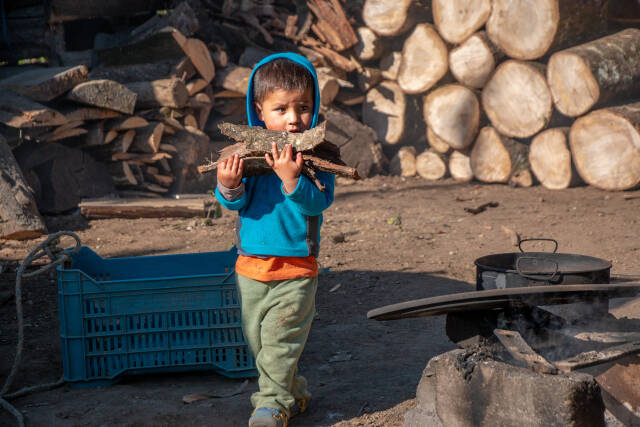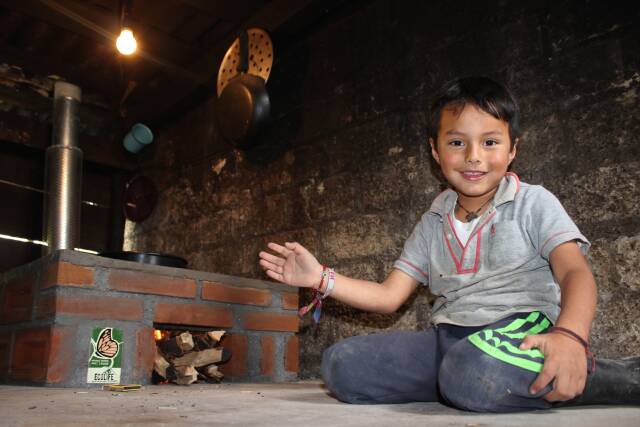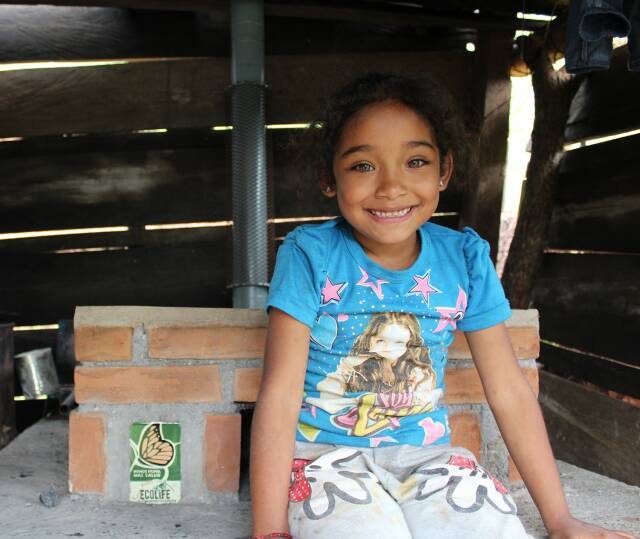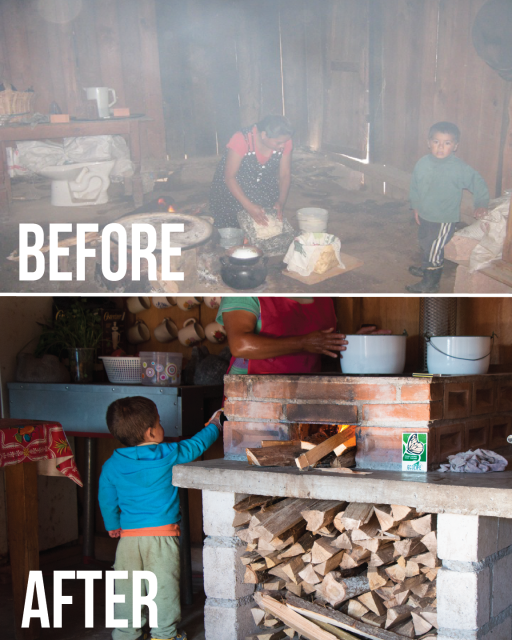This project prevents emissions of about 25,000 metric tonnes of CO2 per year by providing Patsari improved cookstoves (ICS) to the communities located in the 15 km buffer zone surrounding the Monarch Butterfly Biosphere.
Open fire cookstoves or colloquially, three stone fires, are commonplace technology in the area. Inefficient cooking fires put pressure on local Oyamel fir tree forests, which negatively impacts the biodiversity of the area – specifically, the Monarch Butterfly. Moreover, the stoves expose users to dangerous levels of smoke and particulate matter inside their homes, negatively impacting the health of the communities.
The Oyamel fir trees in the Monarch Butterfly Biosphere reserve provide shelter and warmth for Monarch every winter. As the wood harvest for cooking fires thins the once dense forest, winter temperatures cut into the forest and millions of butterflies freeze.
Currently the Project has installed 3,500-4,000 stoves, but the local area consists of 30 municipalities – and could benefit from 72,000 stoves. This is where the sale of carbon will have a major impact in providing a sustainable revenue model to scale implementation, including enhanced monitoring and maintenance.
Three burner stoves are constructed in the home by trained, locally employed construction teams that use locally sourced materials including brick, gravel, sand, clay, mortar, cement, Patsari metal kits, steel rods, boilers, and tiles. The project employs 10 full time staff in administrative roles and roughly 20 field staff.
The number of field staff varies based on project needs but is designed to scale with the help of carbon credits. Field project staff work on a 6-month contract basis, paid for each unit of service.









